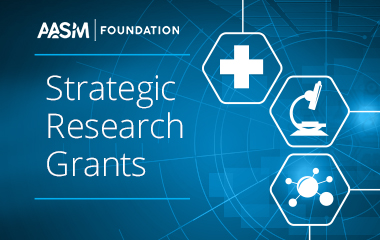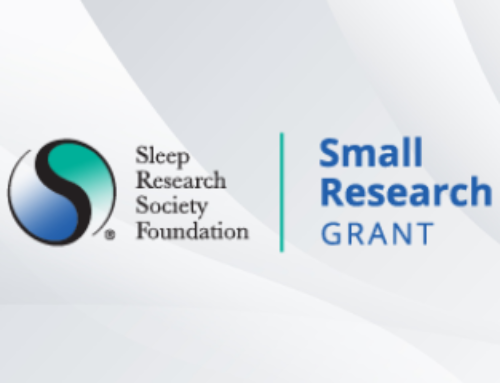The Strategic Research Grant supports investigator-initiated, high-impact research projects aimed at addressing gaps in sleep medicine knowledge. This year, we are delighted to grant nearly $1.5 million to further our commitment to patient-centered diagnosis and care for all people with sleep disorders. Congratulations to our 2025 recipients!
Together, we are advancing the future of sleep medicine. Your support fuels high-impact research that drives discovery, innovation, and better care.

Suzanne Bertisch, MD, MPH
Brigham and Women’s Hospital, Harvard Medical School
Developing and Evaluating a Decision Aid on Treatment for Patients with Obstructive Sleep Apnea
ABOUT THE PROJECT
This project aims to close knowledge gaps about obstructive sleep apnea (OSA) treatments and help patients and clinicians make better decisions about treatments together. In this project, we will refine and test a web-based decision aid tool, shaped by patient and expert input, and evaluate its effects in a randomized trial. We expect the tool to increase patient knowledge, satisfaction, and other OSA-related patient outcomes.

Emmanuel During, MD
Icahn School of Medicine at Mount Sinai
Accelerometer-Based ML Detection of REM Sleep Behavior Disorder: A Global Initiative
ABOUT THE PROJECT
REM sleep behavior disorder (iRBD) is a strong early marker of Parkinson’s disease and related dementia, yet it is largely underdiagnosed. Using a large international dataset from nine research sites, this project will develop and validate AI models with wrist-worn accelerometers, creating a scalable, low-cost screening tool for earlier diagnosis, research, and targeted interventions worldwide.
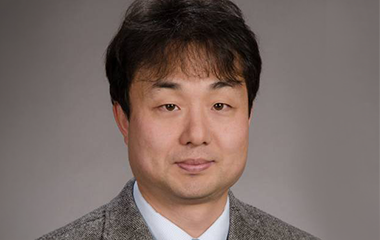
Younghoon Kwon, MD
University of Washington
Leveraging Pulse oximetry technology to assess the cardiovascular risk in obstructive sleep apnea
ABOUT THE PROJECT
Obstructive sleep apnea (OSA) is common and raises cardiovascular risk. Pulse oximetry–based sleep tests are increasingly used to assess OSA, but their value in predicting cardiovascular risk is unclear. This study will evaluate the accuracy and reproducibility of physiological data from these devices and test whether such data are associated with markers of cardiovascular disease.
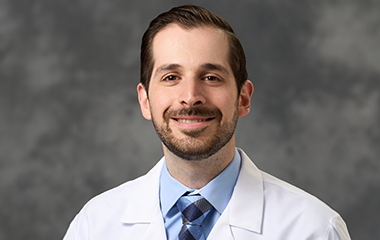
Anthony Reffi, PhD
Henry Ford Health
Restorative Early Sleep Treatment After the Emergency Department (RESTED)
ABOUT THE PROJECT
Sleep disturbance is an acute response to trauma that underlies the transition to post-traumatic stress disorder (PTSD), suggesting that stabilizing sleep early after trauma exposure will help prevent PTSD and its downstream health costs. The overall objective for this proposal is to test the feasibility of delivering behavioral sleep interventions within the immediate aftermath of trauma in an urban Level 1 trauma center.
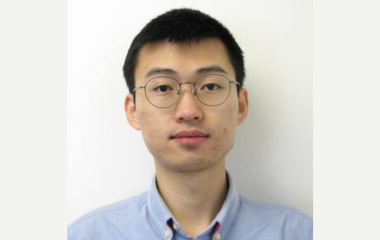
Haoqi Sun, PhD
Beth Israel Deaconess Medical Center
Going Beyond Hypoxic Burden: Multi-Organ Physiology Before and After Obstructive Sleep Apnea Events
ABOUT THE PROJECT
What are the multi-organ dynamics before and after an apneic event? The comprehensive characterization of end-organ damage and triggers of obstructive sleep apnea (OSA) detected by AI will promote precision diagnosis and treatment. The hypothesis is that people with post-OSA-event responses in certain organ system have a higher risk of diseases of that organ system, and the multi-organ pre-OSA-event triggers can be quantified at an individual level.

Alexander Sweetman, PhD
University of Western Australia
Implementation of a technology-assisted pathway for co-morbid insomnia and sleep apnea (COMISA)
ABOUT THE PROJECT
Co-morbid insomnia and sleep apnea (COMISA) is a prevalent and debilitating sleep disorder. The recommended ‘first line’ treatment for insomnia, Cognitive Behavioral Therapy for insomnia, (CBTi) is effective but largely inaccessible to people with COMISA. This randomized controlled trial aims to implement and test a software-assisted COMISA identification, screening and digital CBTi intervention in Sleep Clinic settings.

Chenxuan (Ivy) Wei, DDS, MS, PhD
University of Michigan
Dental Implant-Supported Oral Appliance Therapy for Obstructive Sleep Apnea in Edentulous Patients
ABOUT THE PROJECT
This study investigates the efficacy of dental implant-supported oral appliance therapy for treating obstructive sleep apnea (OSA) in edentulous patients. The research aims to address the lack of effective non-CPAP treatments for this population. Using a clinical trial design, the project will evaluate the appliance’s ability to improve airway patency and reduce apnea events.


